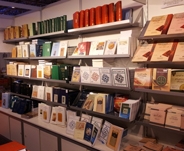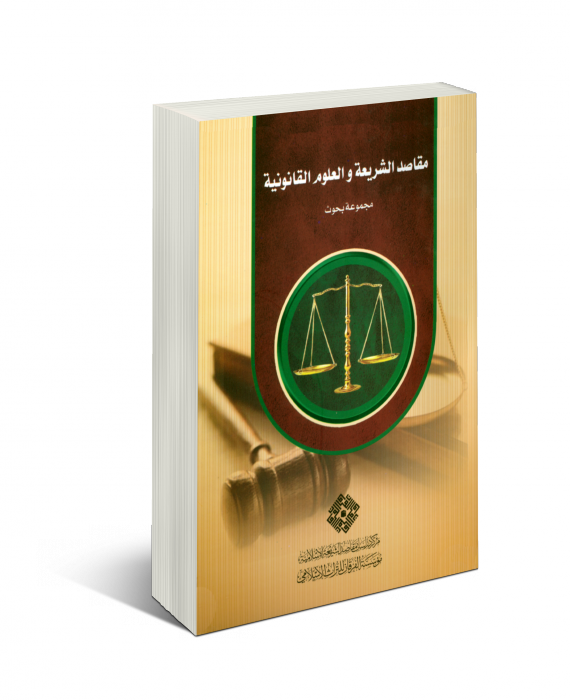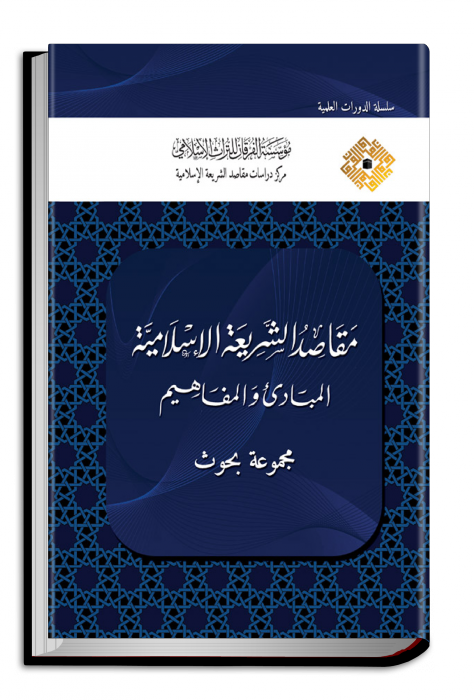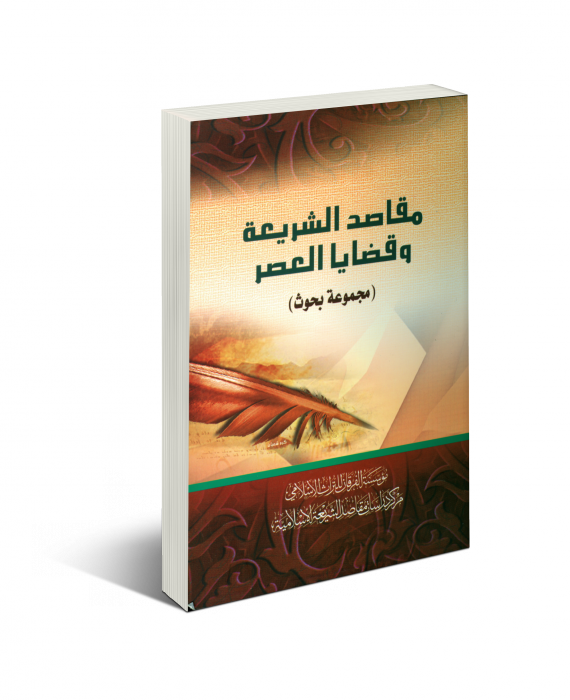The book “Applying the Objectives of Islamic Law (Maqāṣid) in the Daʿwah Sphere” contains the proceedings of the specialised training course organised by the Centre for the Study of the Philosophy of Islamic Law at Al-Furqān Islamic Heritage Foundation, in co-operation with the Islamic Cultural Centre, held in London, in early September 2015. The book includes studies discussing the framework of daʿwah in the West in respect of philosophical, methodological, practical and theoretical approaches, based on the study of the objectives of Islamic law (Maqāṣid al-Sharīʿah). The lectures discussed the foundations, specifications, problems, and questions of daʿwah work, and the most important issues faced by preachers. This book presents a clear analysis of those issues and the possible effective measures. It also examines the horizons, aspirations, conceptions, and procedures of modern approaches and encourages attention to the development of community action that contributes to the success of daʿwah work. This study outlines the need for the application of maqāṣid in this domain for the benefit of the renewal of Islamic law and its development. Emphasis is given to the gradual and wise approach to daʿwah by promoting the values of purification, citizenship, mutual recognition of civilisations, peaceful co-existence, and human fraternal bonding. This approach to daʿwah—individual and collective— is subjected to a working method that is knowledge-based, objective and strategically planned. This method should secure positive outcomes, including the establishment of effective techniques, the renewal of the discourse on maqāṣid and the preventive response against personal bias and emotional reactions in order to shape the model for the expert preacher, competent speaker, proficient Imam, and good adviser. This figure should also aim to transmit to his/her community these ideas by communicating, where possible, in the native tongue of the people to which he/she relates, either for citizenship, residence, culture, and specific interests.
 Shared Knowledge
Shared Knowledge


 Purposes of Islamic Law and Legal Science (Research articles)
Purposes of Islamic Law and Legal Science (Research articles) The Objectives of Sharīʿah: Principles and Concepts (Research articles)
The Objectives of Sharīʿah: Principles and Concepts (Research articles) Purposes of the Islamic Law and Contemporary Issues (Research articles)
Purposes of the Islamic Law and Contemporary Issues (Research articles)